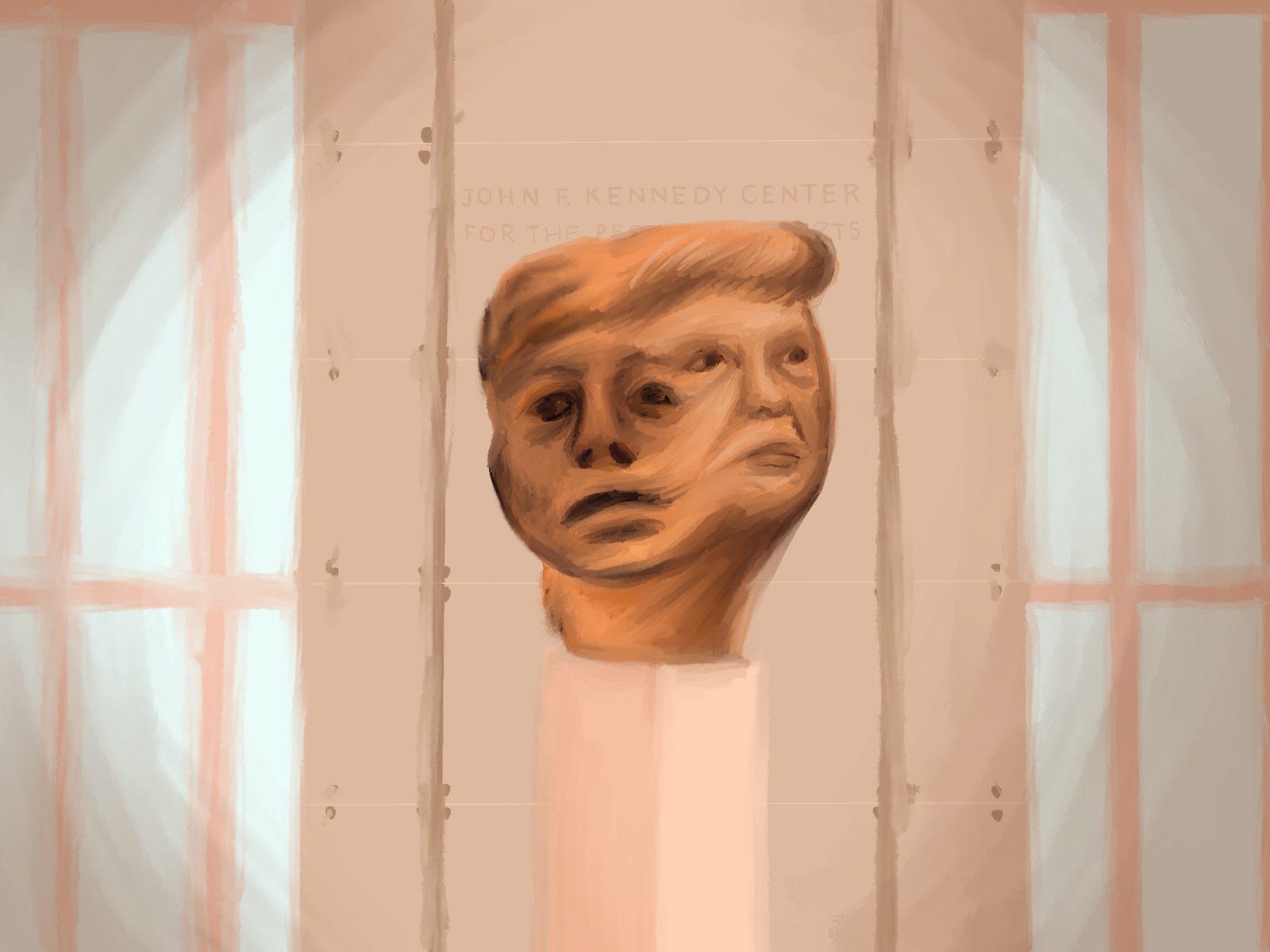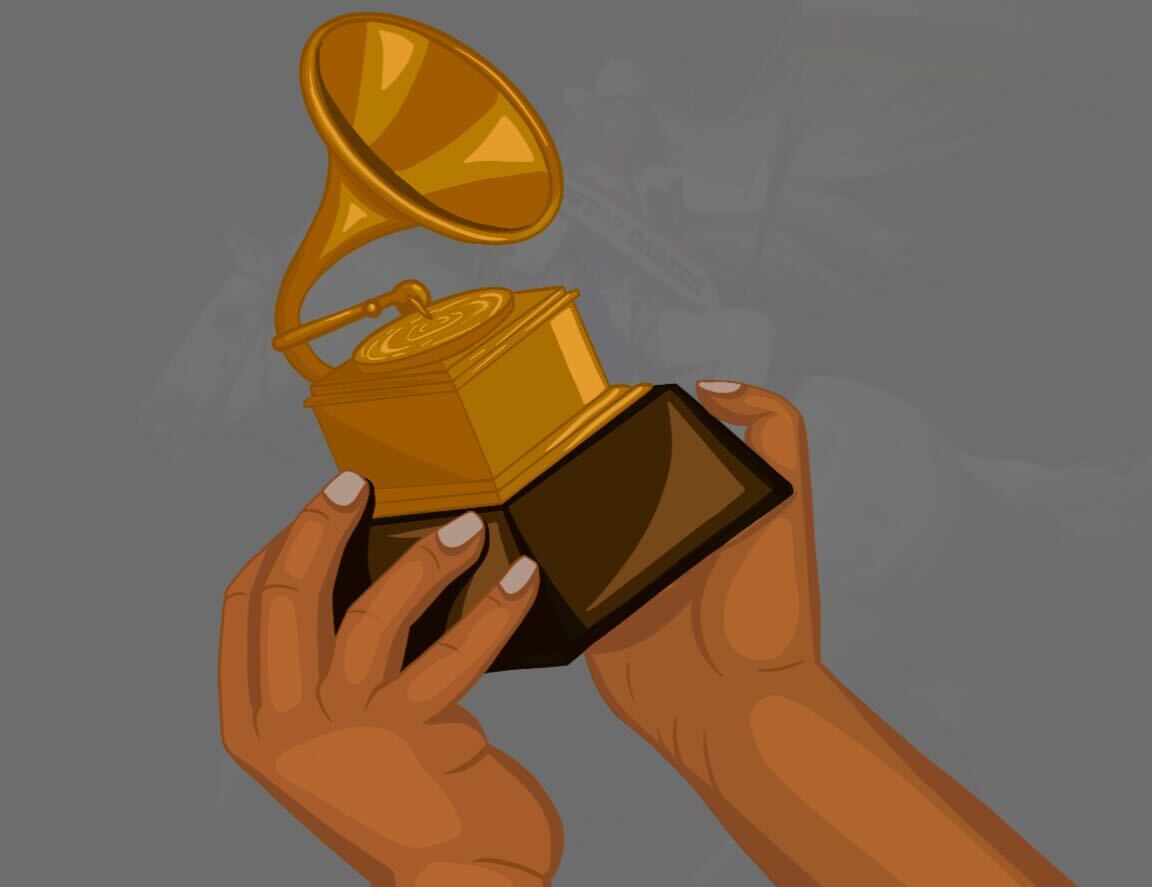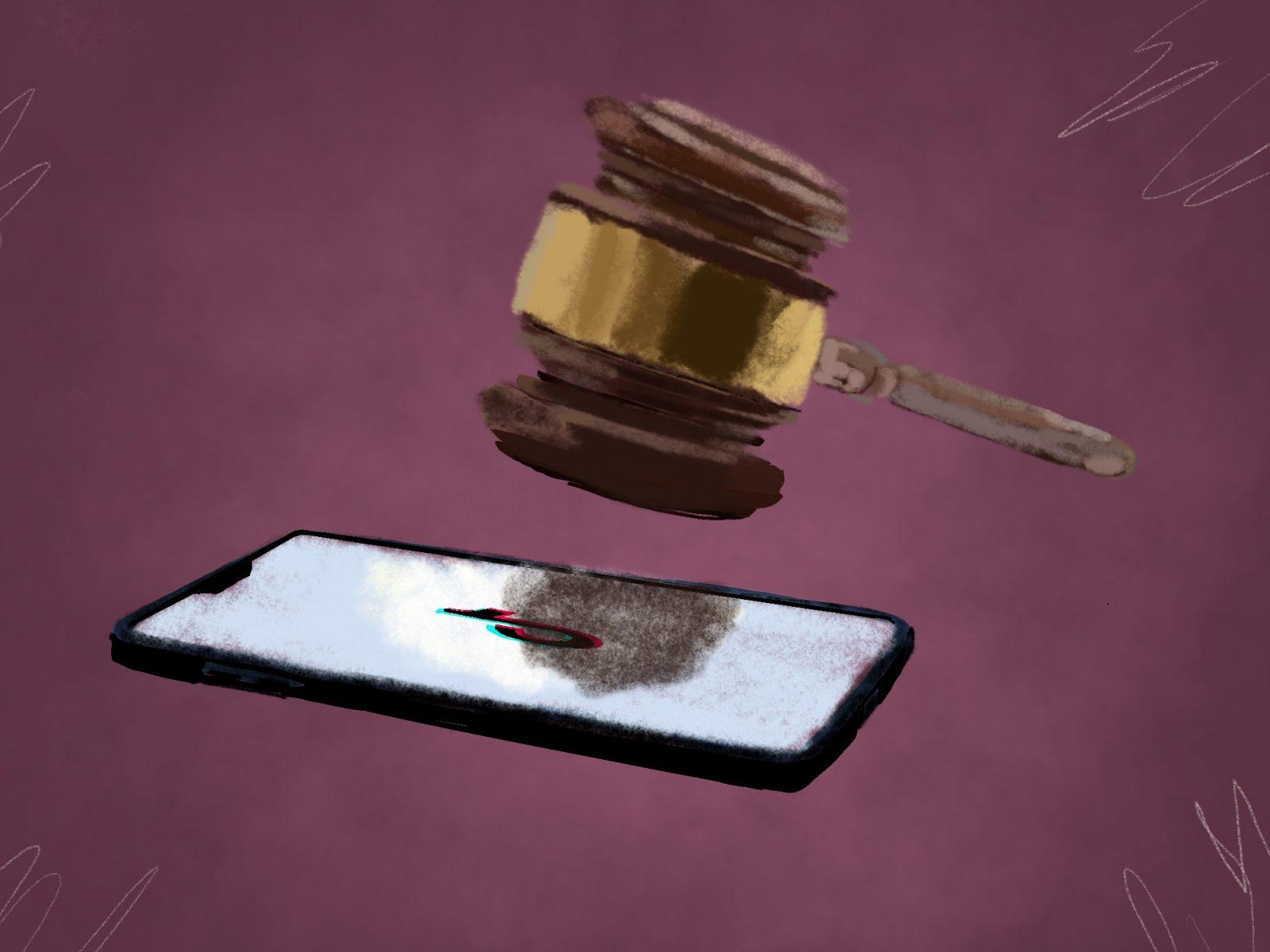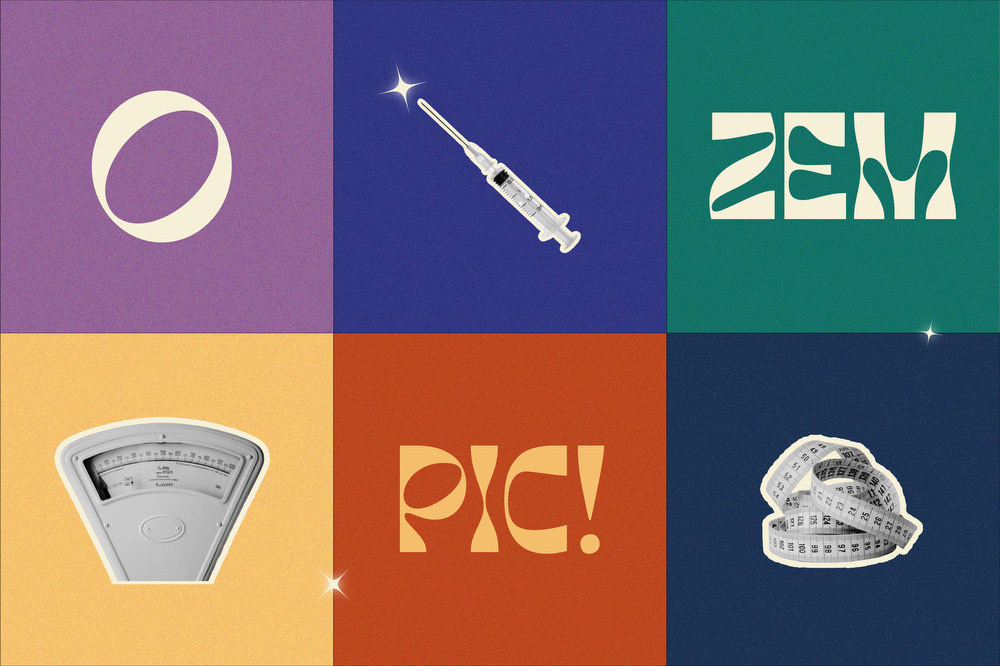Taylor Swift — arguably the most famous musician in the world — released her newest album, “The Tortured Poets Department,” last Friday at 12:00 a.m. EST. The 16-track album delves into, among many other things, Dylan Thomas, Destin, Florida and “teenage petulance.”
Several hours later, at 2:00 a.m. EST, she did it again. Swift released a previously unannounced addition to “TTPD,” titled “The Tortured Poets Department: The Anthology,” another whopping 15-song album that, once again, spans not only time but subject matter — this time “American Pie,” Grand Theft Auto and what seems like, once again, Kim Kardashian.
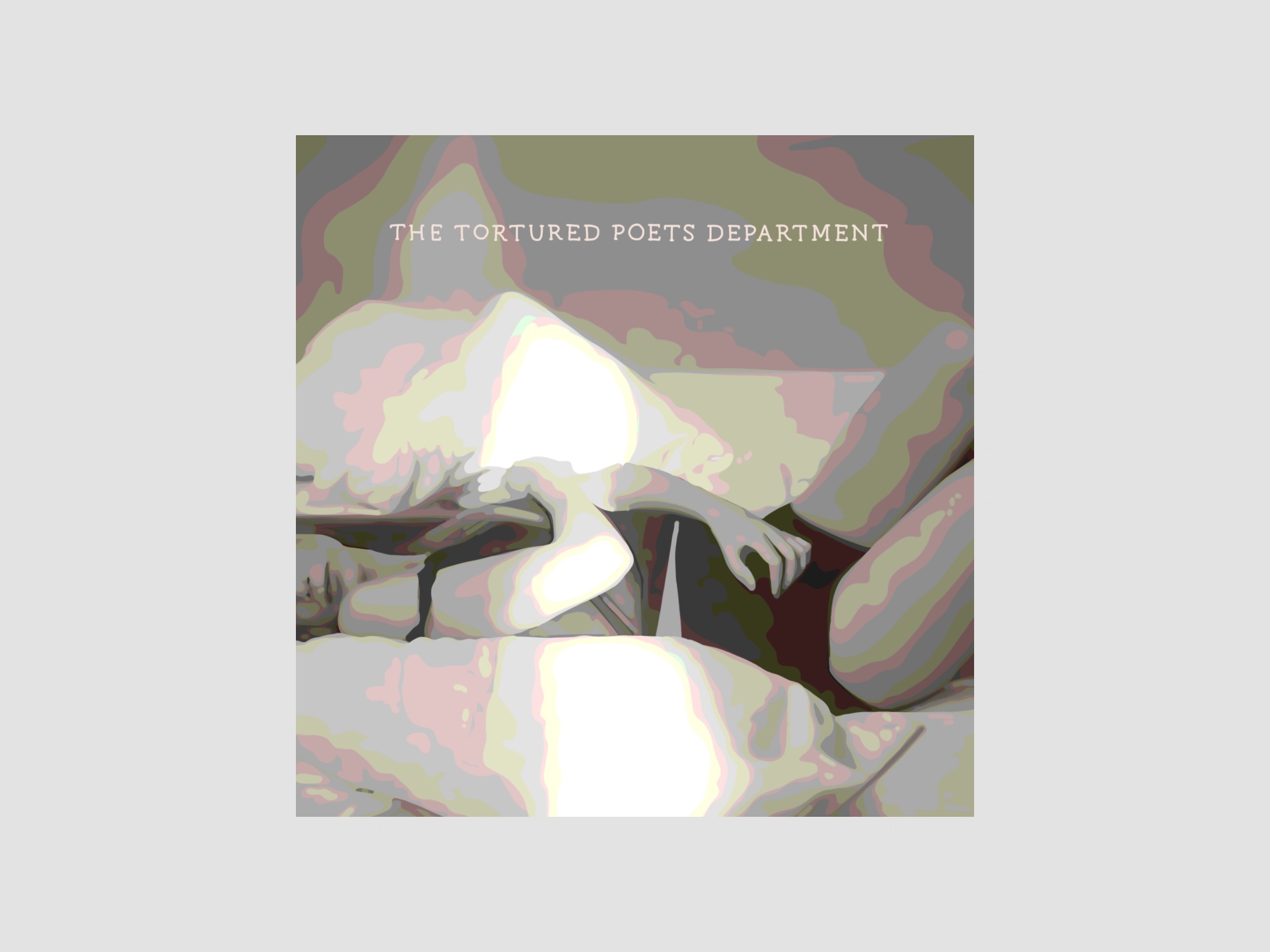
I can appreciate what she’s done for many things: the economy, female musicians and vinyl sales, to name a few. But the nature of her celebrity — an all-consuming personality with a fan base so large and antagonistic that it forced Paste Magazine to remove their writer’s name from a byline — has had a negative impact on one of my favorite things in the world: music criticism.
After the release of “Midnights,” a largely unremarkable pop album which somehow won Album of the Year at this year’s Grammy awards, it became pretty aware to me that Swift was now above the thread of negative criticism. And if not above it, then at the very least immune from its wills.
This can be seen not only in the fan reactions to Swift’s new album, but in the pieces of criticism published about it. The reviews I’ve seen of Swift’s new album are textbook examples of why music criticism is both being gutted and becoming less trustworthy.
Take, for example, Rolling Stone’s official review of “TTPD,” written by Rob Sheffield, which is little more than unadulterated praise. Sheffield — who just announced that he wrote a new book on how Swift reinvented the pop music industry, go figure — gave the album instant classic status rating.
Which makes it even funnier that, several days later, Rolling Stone published a second article on “TTPD,” this time under the category of opinion rather than review. That article cast doubt upon Swift’s partnership with producer Jack Antonoff, declaring that “TTPD” might have been one step too far in their years-long creative relationship.
It’s not that different writers from the same publication can’t have different opinions — in fact, that’s what I’m encouraging. It just makes no sense that Rolling Stone — a singular music magazine — posted two wildly different opinions on the same subject within the span of a few days, labeling one as an official review and burying the other as an opinion piece.
It ties back to why I think music criticism is beginning to falter. We’ve become so afraid of criticizing popular figures like Swift, who are just as much cultural icons as they are artists — there are even college courses taught on Swift’s impact. They’ve become such a force that negative reviews are delivered covertly and nervously.
Spencer Kornhaber, who wrote a mixed review of “TTPD” for The Atlantic, perhaps put it best: “I understand that Taylor Swift is not someone you’re supposed to feel okay about.”
The power of fan bases, trends and other factors outside of music have made it literally dangerous to produce negative reviews of hyper-popular artists.
But criticism exists not only to elevate the bar artists attempt to reach, but also to guide the masses beyond these artists to those who exist below that level of commercial excellence. When criticism is forced into being praise, we lose both those guiding voices and the determination to do better, be better and find music that fits our sound.
Maybe Sheffield really believes that “TTPD” is an “instant classic,” book or no book. But isn’t it the job of the critic to try and give them an equal level of skepticism in their reception?
Sheffield, whose writing I largely admire, seems to have thrown that prospect out the window for Rolling Stone, which now finds itself stuck in no-man’s-land with two reviews telling a different story of the same album and same person.
As the dust settles on this Swift album — Does the dust ever truly settle around her? — I hope that fans look to critics on both sides of the spectrum not just for this album, but for all new albums.
What’s fantastic about criticism is that there is no right or wrong opinion — but there are right and wrong reasons for going about it in the first place.






















































































































